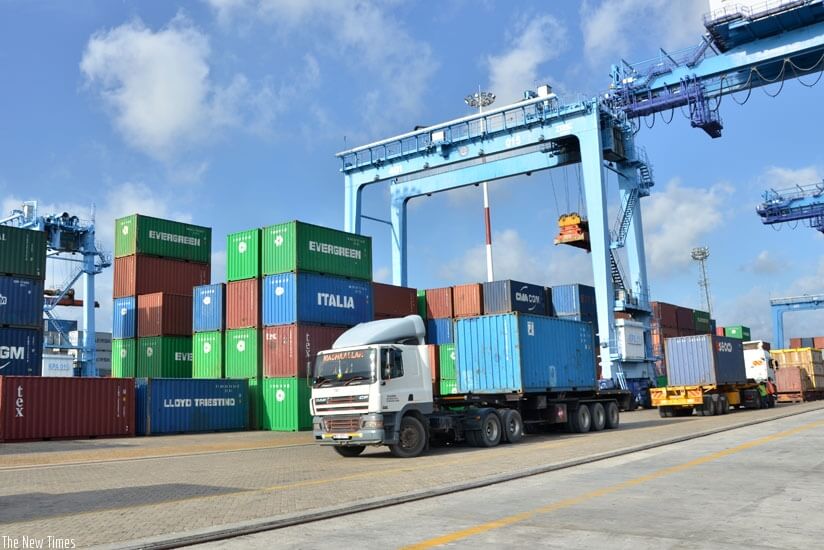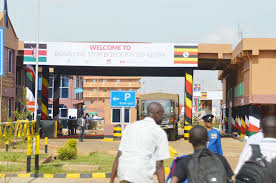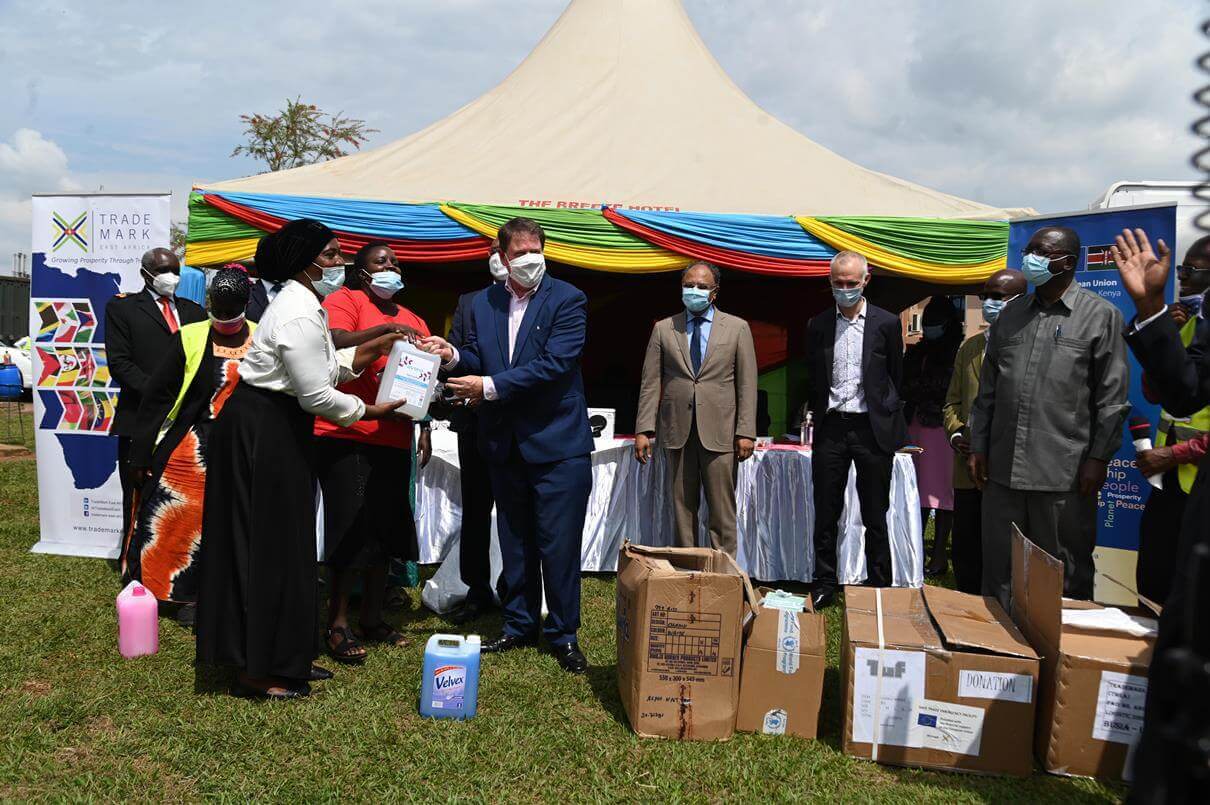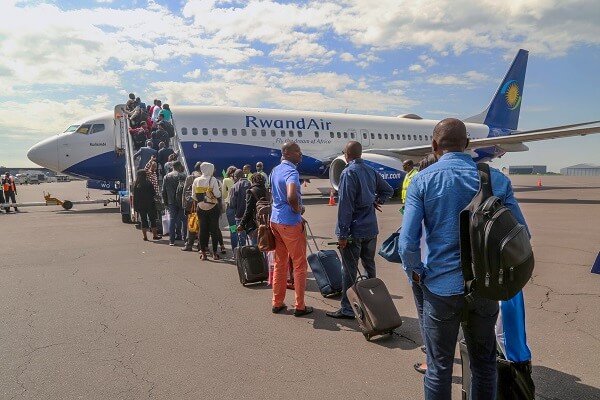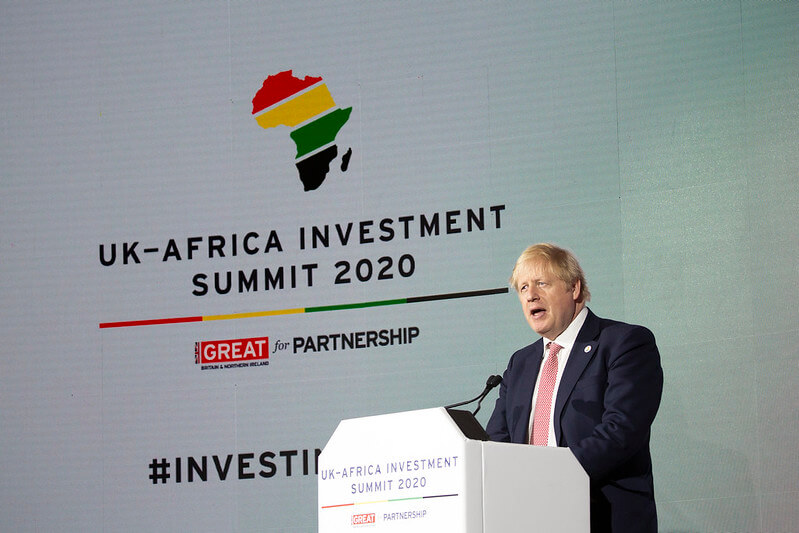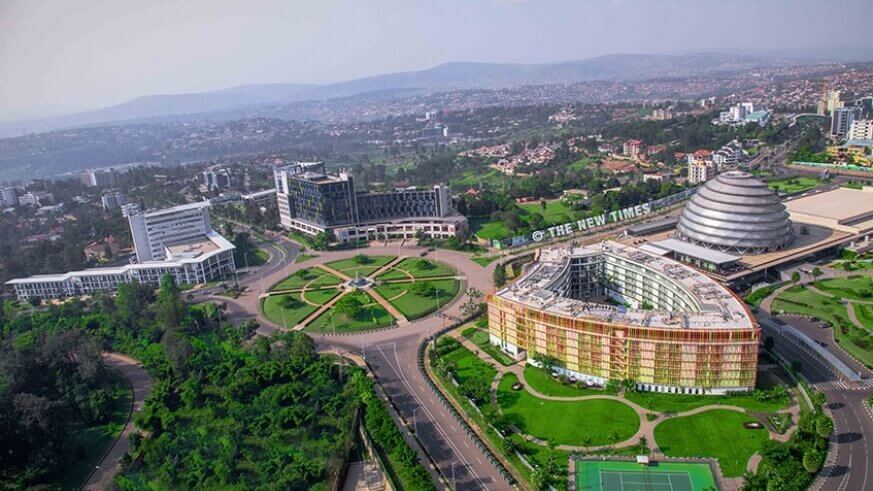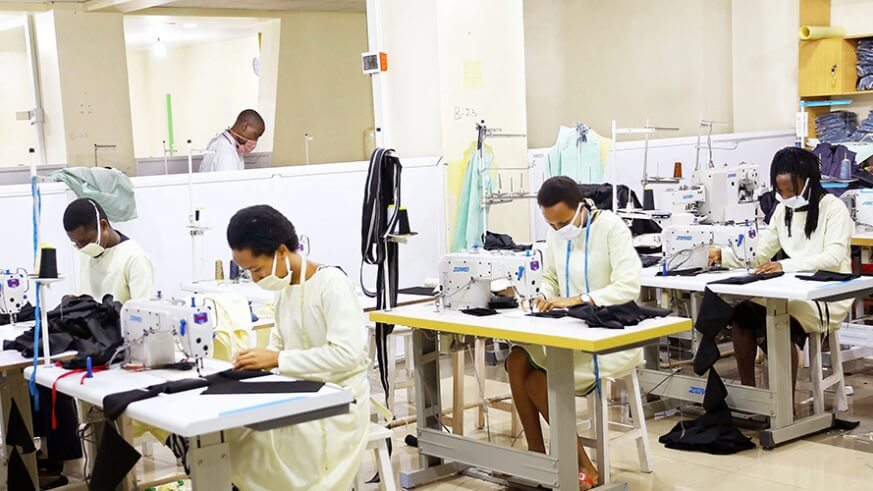Summary/Brief On 3rd July 2020, the Kenya Maritime Authority (KMA) in a notice issued to the public directed shipping lines to extend the free period on the return of empty containers by additional seven (7) days and three (3) days for transit and local traffic, from the existing granted periods. On 3rd July 2020, the Kenya Maritime Authority (KMA) in a notice issued to the public directed shipping lines to extend the free period on the return of empty containers by additional seven (7) days and three (3) days for transit and local traffic, from the existing granted periods. This materialized after consultations with various stakeholders in the maritime industry following KMA’s pledge to engage key players in the logistics chain, with a view of putting in place measures to handle delayed containers in the Northern Corridor stakeholders Zoom meeting convened and chaired by the Northern Corridor Secretariat for rapid information sharing, providing quick interventions and collaboration in mitigating the challenges and the impact of COVID-19 pandemic in each Member State and at each transit or transport node along the Corridor: Port, Weighbridges, One-Stop Border Posts, ICDs, and Transit Parking Yards. The COVID-19 pandemic has ravaged all sectors of the economy with measures, guidelines and protocols instituted by the East African region and individual member countries to curb the spread of the Coronavirus disease partly contributing to delays in clearance and movement of cargo at the port of Mombasa and along the Northern Corridor. These delays have contributed to longer truck...
Northern Corridor Stakeholders commend KMA for the extension of Free Empty Containers Return Period
Posted on: July 22, 2020
Posted on: July 22, 2020

